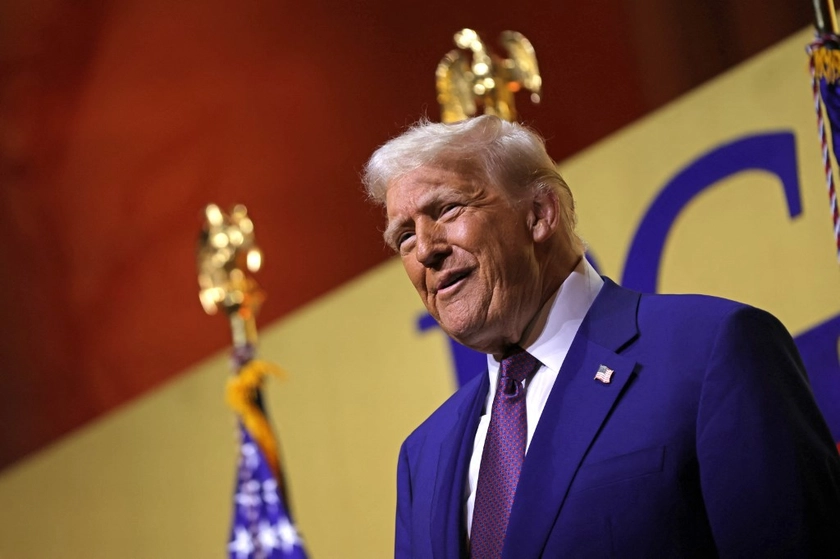The seeds of today's Europe
With the Normandy landings, the Allies began the liberation of the continent from Nazi rule, La Stampa emphasises:
JOIN US ON TELEGRAM
Follow our coverage of the war on the @Kyivpost_official.
“In this sense, D-Day can also be seen as the founding event of the new Europe. Never again Nazism (or fascism): that was the categorical imperative on which the European political project was based. ... From this key concept emerged the commitment to universal human rights, the rejection of war, the recognition of the need for nation states to renounce substantial parts of their sovereignty in favour of a supranational body called upon to peacefully settle conflicts arising from the selfishness of individual states.”
Peace is never guaranteed
The memory of D-Day must be kept alive, The Daily Telegraph stresses:
“When the leaders of the wartime allies, together with erstwhile enemies, gather in France today, there will be one notable absentee. Vladimir Putin, who came to the 2014 commemoration, was not invited because of the war in Ukraine - a reminder that Europe's peace is never guaranteed. ... Younger people may say this all happened a long time ago and is no longer of great relevance to today's world. A recent poll revealed that half of those aged 18 to 34 were unsure what happened on D-Day. ... Even as the last veterans of D-Day fade away, we must remember what they achieved.”
Don't forget the lessons of the past

Trump Gives Europe 3 Weeks to Accept Ukraine’s ‘Surrender,’ Says European Lawmaker
We must listen to the last survivors, Le Temps urges:
“Right-wing extremism and populism are gaining the upper hand. ... The war of aggression is back in Europe. ... And then there is the rise of authoritarianism all over the world. All this conjures up memories for the last witnesses of the war. As long as we still have the chance we must listen to what happened in Europe 80 years ago. And we must remind young Europeans (i.e. all those under 80) what it means to live under the yoke of fascism and the clash of arms. Because we run the risk of forgetting the lessons of that time, when Emmanuel Macron's parents hadn't even been born yet. ... Let us pay close attention to these commemorations, as should the heads of state who, let us hope, are not just there to exploit them politically.”
This is how tyranny is defeated
The D-Day celebrations prompt Jyllands-Posten to take stock of the situation in Ukraine:
“Of course it must be equipped with the capabilities that the donated weapons provide, provided this is done within the framework of international law. ... Significantly, the reports that Western weapons can be used [for launching attacks on Russian territory] from Ukraine came in the run-up to D-Day. ... Eighty years have passed since D-Day, but the daring operation continues to serve as a model and example of how it takes both courage and will to break a tyrannical despot.”
Battle of Normandy pales compared to looming nuclear war
The threat to European peace order today comes from the East, notes Visão:
“Eighty years on, we are facing an extraordinarily powerful and deadly menace from Moscow, which is doing everything it can to normalise the use of nuclear weapons and make it acceptable. ... This crazy idea, openly defended by military and civilian analysts respected by Putin, aims to bring Ukraine and its Nato allies to their knees with the threat of a nuclear apocalypse. ... This narrative is extremely dangerous. ... The Battle of Normandy in which thousands died and which is being commemorated today would be minuscule compared to what could happen in the event of a nuclear exchange.”
You can also highlight the text and press Ctrl + Enter











